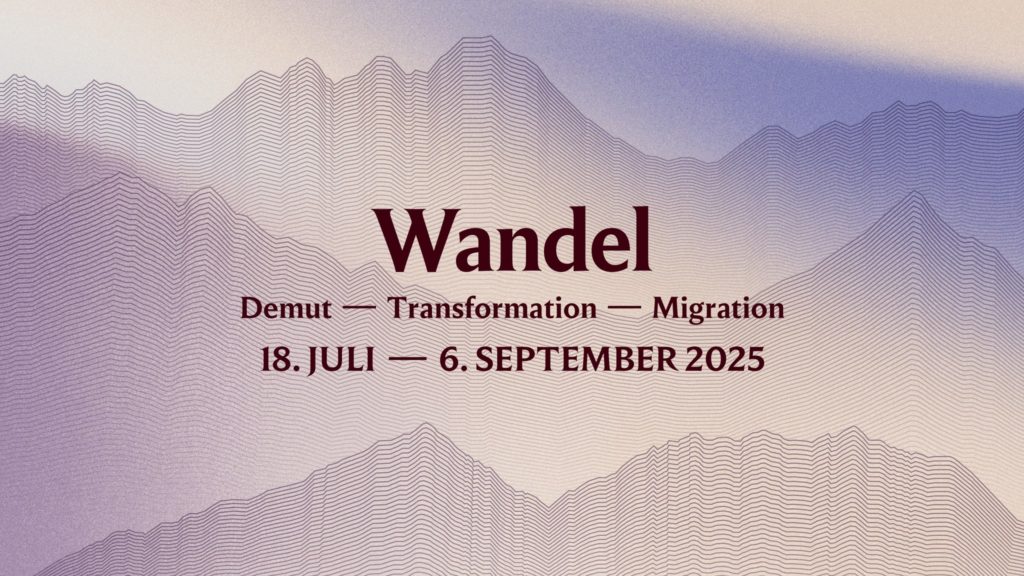Canberra International Music Festival 2024

- This event has passed.
Canberra International Music Festival 2024
May 1, 2024 - May 5, 2024

The Canberra International Music Festival 2024 will run from 1 to 5 May and celebrate its 30th edition under the title mulanggari.
Two hundred years ago, a deaf composer by the name of Beethoven decided to make Friedrich Schiller’s Ode to Joy the final part of his Ninth Symphony. Little did he know how we might interpret the idea of ‘brotherhood of men’ in the 21st century, let alone in a continent that was barely outlined on the world map of that time. Many words in the Indigenous languages around the nation we call Australia express aspects or components of the word ‘joy’. Yet hardly any express the full connotations of the word as we so liberally use or portray it. In the language of the Ngunnawal and Ngambri people, the most prominent of Canberra’s First Nations people, mulanggari means ‘alive’. No better word could be found to affirm the past, the present and the future against all the odds. That is a reason to be joyful – and a hell of a reason to make music.
The festival is honoured to bring to Canberra at long last: Compassion by Lior, truly a work for the ages. Bach Akademie Australia makes a welcome return to the festival with Bach’s complete Brandenburg Concerti. Dudok Quartet Amsterdam presents Steve Reich’s minimalist icon Different Trains while the French Trio Karénine plays Beethoven and Ravel as no other.
Several artists make their debut at the festival: the Persian tar player Hamed Sadeghi, Pavel Ralev from Bulgaria on guitar and the Belgian jazz pianist Bram De Looze, hailed as “the new Keith Jarrett”. Lotte Betts-Dean and Luminescence Chamber Singers add generous vocal touches while Claire Edwardes and friends provide literal bang for your buck.

